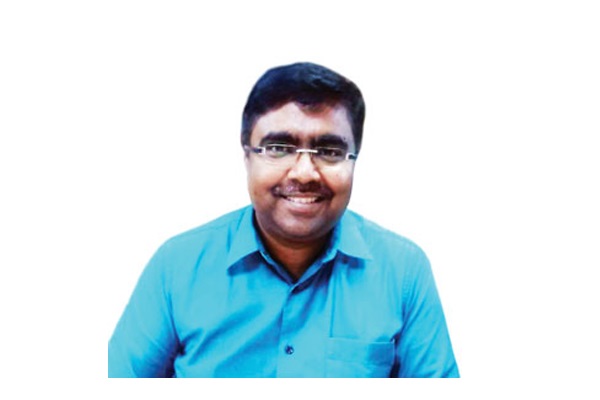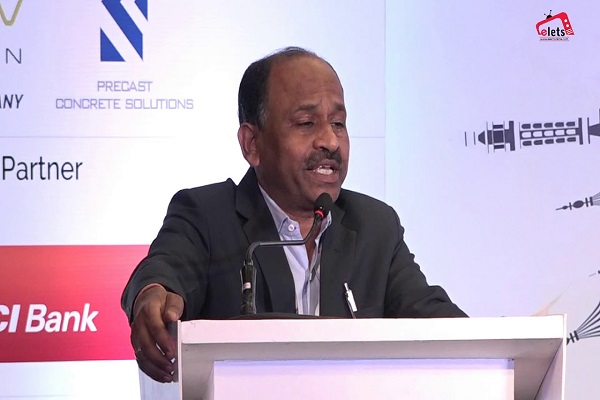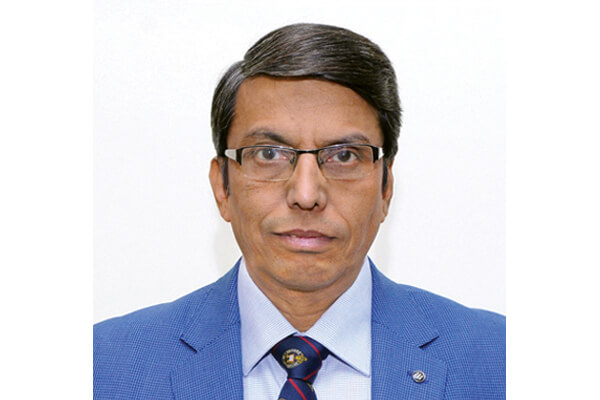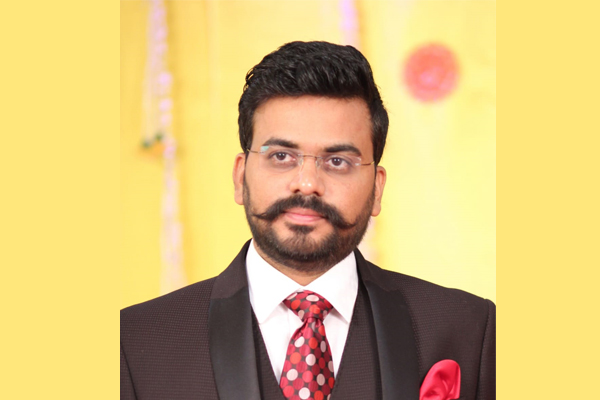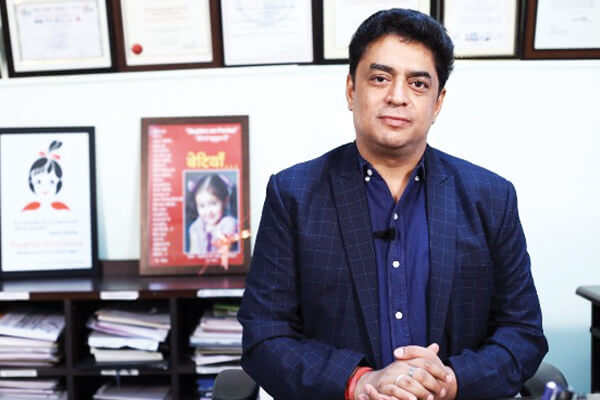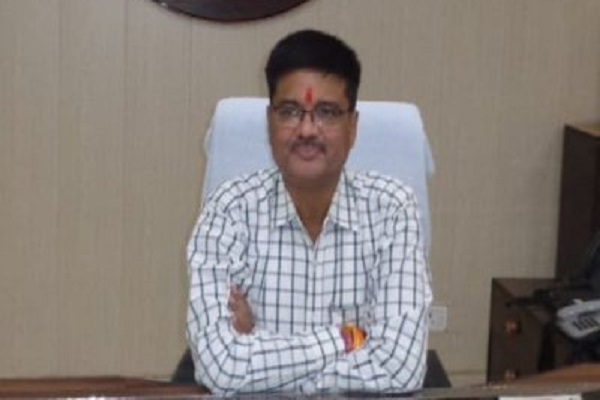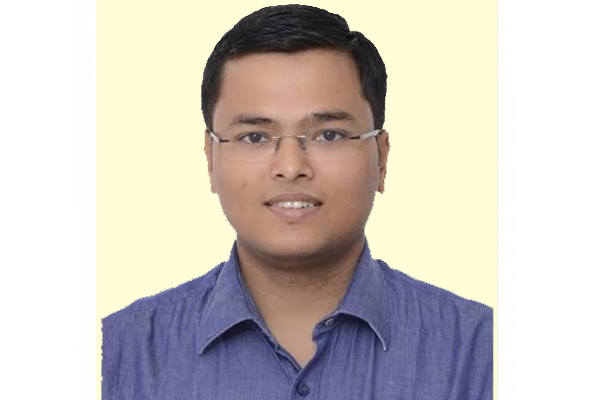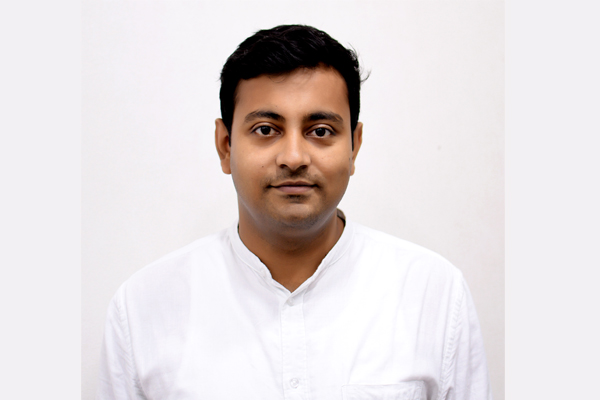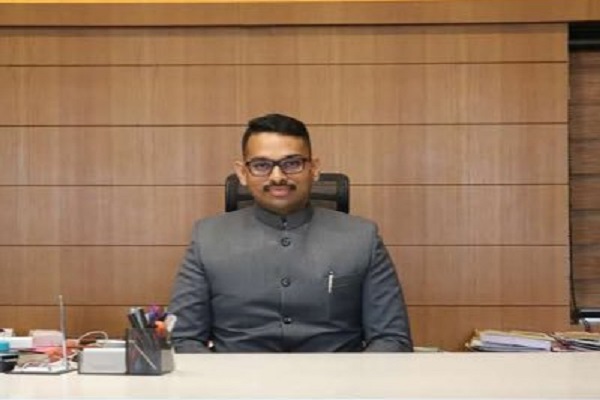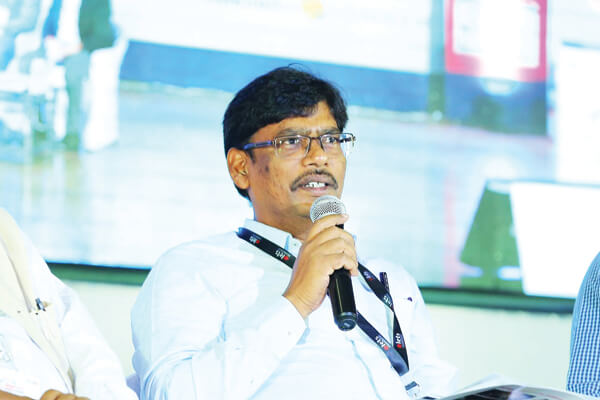
In India’s battle against the COVID-19 pandemic which has claimed over 600 lives in the country, the local governments are playing a significant role. As it is observed that prevention is the only resort, local governments who are working directly for the people and with the people have taken significant measures to control the viral pandemic. One such civic body is of Aligarh, Uttar Pradesh which has taken commendable steps in safeguarding the city from COVID-19. Satya Prakash Patel, Municipal Commissioner, Aligarh Municipal Corporation & CEO, Aligarh Smart City joined in a webinar hosted by Dr Ravi Gupta, Founder and CEO, Elets Technomedia, to highlight the contributions made by the Aligarh civic body in containing the COVID-19 outbreak.
Effective planning
Patel commenced the webinar by emphasizing the proactive response from the civic body to the pandemic. He said, “We started the lockdown from the day ‘Janta Curfew’ was observed.” But, to get the team ready to tackle this situation it was hard. “We have a team of 2,300 people at Municipal Corporation and I started by motivating them to make them realize the significance of their role in our fight against COVID-19,” he added.

Elaborating on the psychological preparation of the workers, he said, “The workers were motivated to that extent that they themselves opted to work on Sundays as well.” However, realising the fact that social distancing is the key and needs to be followed strictly, it was planned to use the workforce in a phased manner and this will also give enough time to the workers to rest and recharge, he added.

Talking on the approach towards the viral pandemic and management aspects amidst lockdown, Patel said that the city was divided into five zones and the inter-zone movement was strictly restricted. This helped us in ensuring the social distancing in a better manner, he added.
Measures taken by the Aligarh ULBs
Patel detailed the measures taken by the local government and other civic bodies in the city. He said, “Aligarh smart city started telemedicine service through our Integrated Command and Control Centre (ICCC).” A WhatsApp number was circulated among the citizens through which they can share their prescriptions and can ask for online consultations. A few doctors from AYUSH were deployed to ensure that the people in need get proper medical consultation and medicines prescribed in case required, Patel added.
When asked about the door-to-door delivery of essential commodities to the people, he said, “ We have created a database of vendors, shops, schools, hospitals and every service in the city. We had a call centre through which people can communicate with our call operators and based on their requirement, their calls will be further connected to the nearest vendor depending on their needs.”
Patel also elaborated on the efforts by the civic body to ensure food for all. He said, “We started community kitchens with the help of NGOs and have fed over 1,78,761 people as of yet. We are providing food to people in our shelter homes and are also providing them with apt medical help whenever required. Medical checkups are also being done to ensure the safety of the workers.”
Speaking about the sanitization in the city, Patel said that the workers are sanitizing the city with sodium hypochlorite. The sanitization drive is being extensively carried in public places, markets, residential areas, mandis, and the other places of mass gathering. However, “It was a challenge to sanitize narrow lanes in the old parts of the city as machines cannot enter them. So, the corporation with the help of agricultural engineers developed a tractor-mounted machine with a 100-metre long pipe attached to it. The machine enabled us to sanitize every nook and corner in the city”, added Patel.
Also Read: Aligarh’s march towards development
When questioned about the safety of the workers he said, “We provided proper gear and PPEs to all the sanitation workers keeping in mind their safety.” Moreover, as the workers were not used to working with gloves and masks, a short training session was also provided to ensure effective execution of the job, he added.
Apart from sanitisation and other works related to COVID-19, the corporation workers were also engaged in carrying on their municipal tasks like cleaning the drains, streets, roads, ensuring door-to-door waste collection and more. As many as 200 workers, with the help of machinery, cleaned the drains in those areas where the cleaning would not have been possible otherwise due to densely populated locality. Therefore, we took it as an opportunity, Patel added. “We also focused on cleaning the legacy waste and making optimum use of this opportunity”, he said.
Operational and behavioural change amidst the COVID-19 crisis
Describing operational change, especially in the government offices, he said, “The IT-based platform is a compulsion now.” E-office is being used to minimise the workforce working in the office, major work is being coordinated through video conferencing. Moreover, for the worker on the field, proper gears and PPEs are provided and health checkups are conducted to ensure their safety, Patel said.
Acknowledging the benefit of smart city interventions in the times of COVID-19, he said, “We have started the first phase of the smart city work and developed the Integrated Command and Control Centre (ICCC). We didn’t know the ICCC can turn out to be a great enabler. In this time of crisis, we are using it for monitoring compliance of lockdown, providing telemedicine services, keeping a check on logistics of essential commodities, and more.
Moreover, on the vigilant efforts by the civic body and their innovative approach to provided financial aid to the people in the informal sector and in need, Patel told during the webinar, “We identified people under the unorganised sectors and its the first time we started visiting mandis at 4 am in the morning to keep a check and collect the data of the people working. As per the database, Rs 1,000 was given to every worker as financial aid.
Addressing the behavioural change angle, Patel said, “All the employees of the corporation donated their one-day salaries to contribute to help the poor.”
People have shifted to better hygiene, washing hands regularly and following clean habits in order to prevent viral transmission. “In a bid to promote such habits we installed handwashing facilities in public areas and street corners and we are further planning to expand it in the entire city so that when people come out they can continue to follow the clean habits”, Patel said.
Be a part of Elets Collaborative Initiatives. Join Us for Upcoming Events and explore business opportunities. Like us on Facebook , connect with us on LinkedIn and follow us on Twitter, Instagram.


